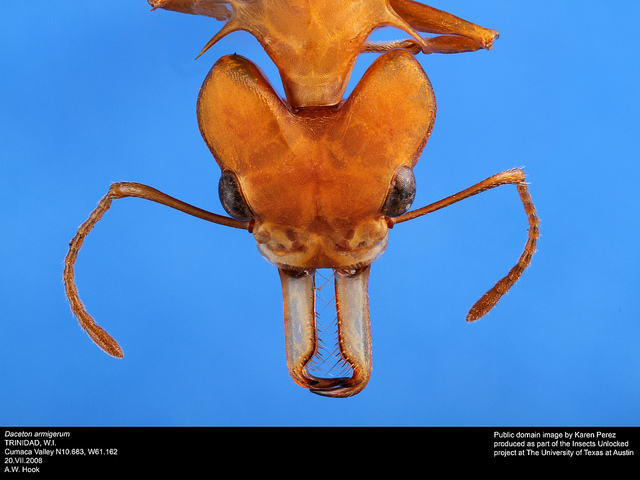Kids ask the funniest questions. Sometimes they also ask the most insightful ones. For STEM Friday, let’s look at a new title that highlights cool questions from kids, Why Don’t Cars Run on Apple Juice?: Real Science Questions from Real Kids by Kira Vermond and illustrated by Suharu Ogawa from Annick Press.
This is a Q-and-A book with a twist. After writing down questions asked by children who visited the Ontario Science Centre in Toronto, Canada, Kira Vermond queried scientists and educators to provide accurate, meaningful answers. The resulting book is a fascinating look into science — and also into the minds of children — that is likely to ignite some passions for further exploration.
Overall, it is a well-curated assortment. Have you ever wondered what would happen if you sneeze in space? Or how whales sleep (without drowning)? Have you ever stayed awake at night wondering if rats burp? The answers are here and some of them might just surprise you.
The collection can be used a couple of different ways. Some children are going to want to read it cover to cover. Others will want to pick and chose a few areas that interest them, for example if they are looking for topics for a science fair project.
Vermond helped make it easier to access the information by grouping the questions into five broad categories:
- About the earth
- Living things
- Human bodies
- Solar system, stars, and space
- Big ideas
Those who want to choose can go to the “Contents” page where all the questions are listed and find the most relevant. For example, because I study ants I picked the question that asked why we humans have different faces and ants don’t (on page 25).
The answer was spot on. Ants do have different “faces,” even within a single colony.
For example, this ant has a heart-shaped face and long, hook-shaped mandibles (jaws),
 whereas this one has a triangular face with huge eyes that take up most of it’s head. This gives me an idea…
whereas this one has a triangular face with huge eyes that take up most of it’s head. This gives me an idea…
Why Don’t Cars Run on Apple Juice? will likely entice reluctant readers to learn about STEM, and at the same time serve as an inspiration or jumping off point for budding scientists. Explore a copy today!
Activity suggestion:
Each question has the potential to be expanded into a lesson or experiment.
Age Range: 7 – 11 years
Publisher: Annick Press (September 10, 2019)
ISBN-10: 1773213024
ISBN-13: 978-1773213026
Disclosure: ARC was provided by the publisher for review purposes. Also, I am an affiliate with Amazon so I can provide you with cover images and links to more information about books and products. As you probably are aware, if you click through the highlighted title link and purchase a product, I will receive a very small commission, at no extra cost to you. Any proceeds help defray the costs of hosting and maintaining this website.
Come visit the STEM Friday blog each week to find more great Science, Technology, Engineering and Math books. Note: this is a new link as of 10/2018.




0 Comments
1 Pingback